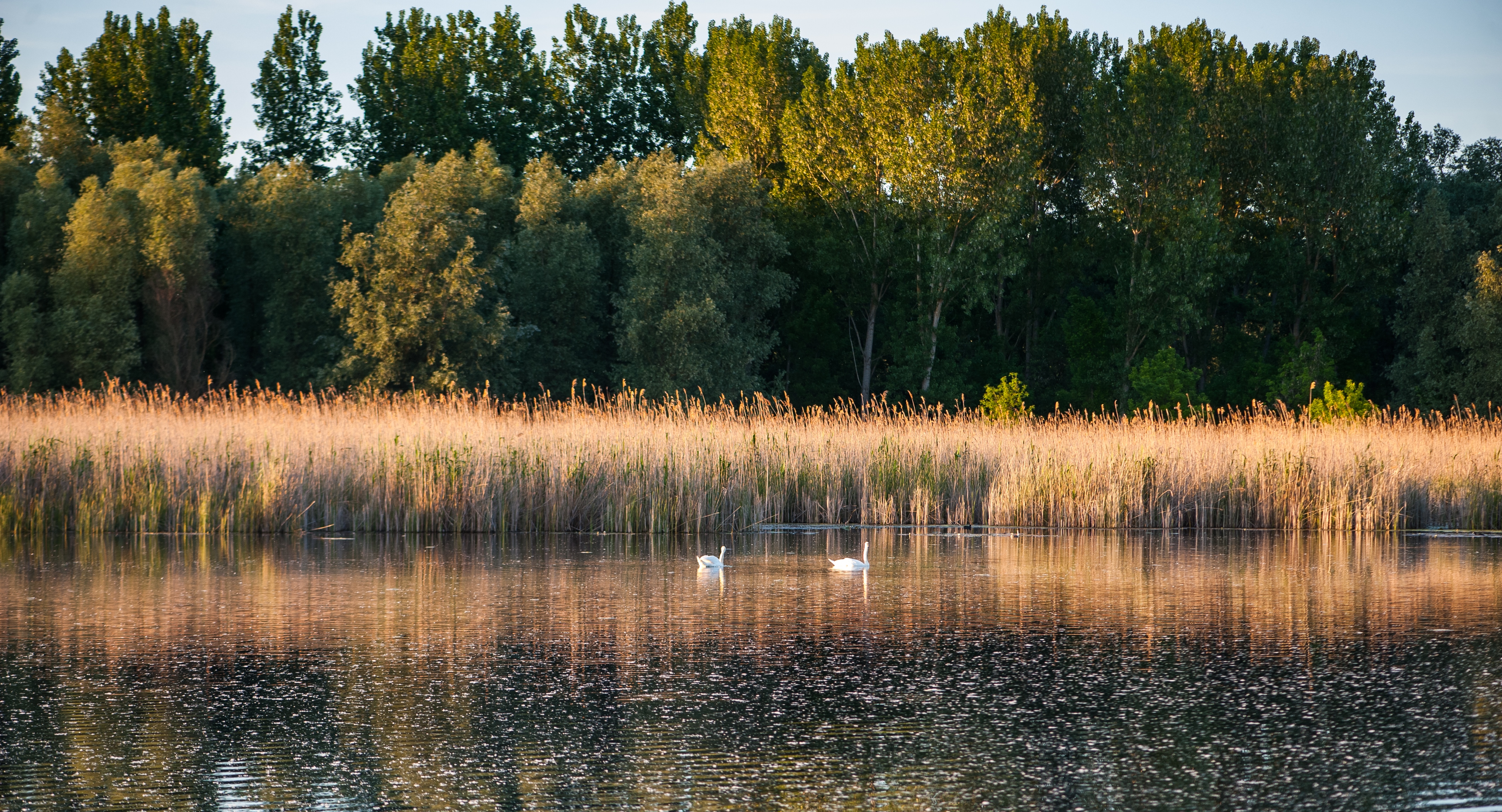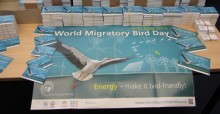Hírek a nagyvilágból
 >
>
Communities Join Hands to Stop Elephant Poaching in Mali and Burkina Faso
Community representatives and wildlife officials met from 3-6 April and agreed urgently needed conservation measures for elephants contributing to the implementation of the CMS West African Elephant MOU, including the formal establishment of a new transboundary law enforcement mechanism at the village level.
Order Your World Migratory Bird Day Event Materials Now!
Dear World Migratory Bird Day Event Organizers, It is a great pleasure to seeing you taking action on this year’s World Migratory Bird Day by organizing an event. Your support on raising awareness about the conservation of migratory birds and their habitats will make a difference and enrich this worldwide celebration! In addition, we cordially welcome many new event organizers participating in the campaign for the very first time.
WMBD Video Contest
As part of this year’s campaign, a video competition is being organized. €1,500 is being offered to the best entry – with €1,000 and €500 for second and third place.
2015/011: Implementation of Umoja
As part of a United Nations–wide initiative (as per Resolution A/RES/63/262 of the UN General Assembly in 2008), the Secretariats of CMS (and its MOUs), AEWA, ASCOBANS and EUROBATS will be implemen
Devastating Blow to Captive Breeding Efforts for the Critically Endangered Saiga Antelope
The leading captive breeding centre for Saiga antelopes (Saiga spp.) has lost almost its entire stock of animals as a result of an unidentified disease. The Centre for Wild Animals of Kalmykia in the Russian Federation is known internationally for its contribution to saiga research and conservation, thereby playing an important part in implementing the CMS Memorandum of Understanding (MOU) on Saiga Antelopes.
World Migratory Bird Day 2015 - "Energy – make it bird-friendly!"
Each year on the second weekend in May, dedicated organizations, governments and people around the world plan events to mark World Migratory Bird Day (WMBD) celebrating migratory birds and raising awareness about the need for their conservation. Since World Migratory Bird Day began in 2006, events have been held in 130 countries and this year we hope to reach even more people and organizations to connect and work together towards conserving migratory birds and their habitats worldwide.
We are Delighted to Present to You the Brand-new World Migratory Bird Day Website!
After many hours of hard work, we are excited to share with you our newly designed website. Please explore our pages and find all you need to know about migratory birds, this year’s theme “Energy - make it bird-friendly!”, how to take action on World Migratory Bird Day 2015 and much more. We restructured the whole website content and menu – but no worries, you will not miss anything!
2015/010: Appointment of the CMS Strategic Plan Implementation Working Group
The Secretariat of the Convention on the Conservation of Migratory Species of Wild Animals (CMS) is pleased to inform you that the members of the CMS Strategic Plan Implementation Working Group (SP
2015/009: Third Meeting of the Signatories of the Memorandum of Understanding Concerning Conservation Measures for the Aquatic Warbler
The UNEP/CMS Secretariat is pleased to announce that the Third Meeting of Signatories (MOS) to the Memorandum of Understanding concerning Conservation Measures for the Aquatic Warbler (Acroceph
Safe Flyways: New Project to Increase Waterbird Monitoring in Central Asia
The Siberian Crane is a majestic migratory bird. In the summer, it lives and breeds in Arctic Russia before flying thousands of kilometers south to spend the winter in Iran, India or China.







